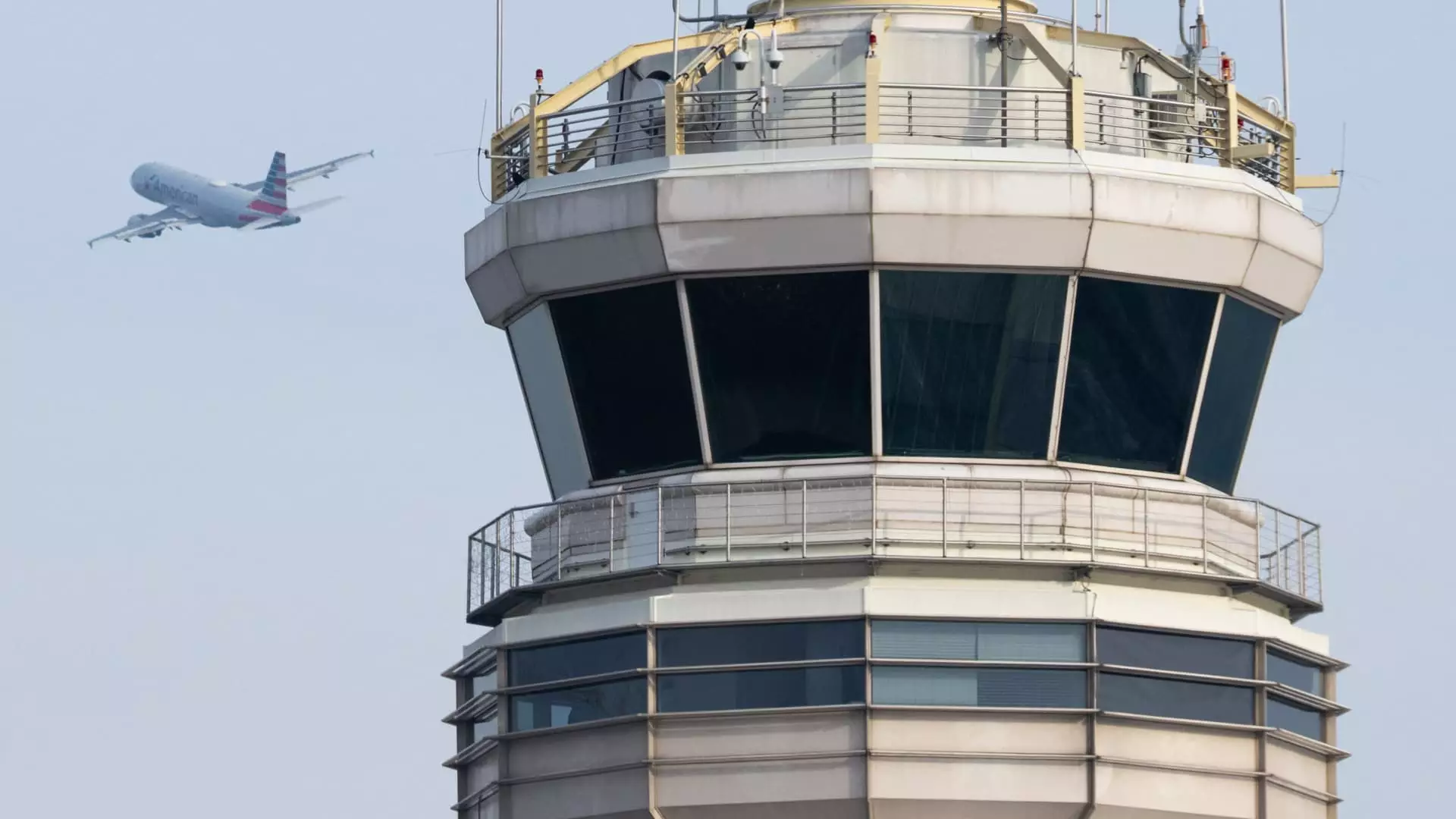The Federal Aviation Administration (FAA) announced on Friday its decision to increase the mandatory rest time for air traffic controllers. The changes, set to be implemented within 90 days, will now require controllers to have a minimum of 10 hours of rest between shifts, up from the previous requirement of nine hours. In addition, controllers will be required to have 12 hours of rest before commencing an overnight shift.
FAA Administrator Acknowledges Concerns
FAA Administrator Mike Whitaker expressed the rationale behind the decision, citing concerns raised during his visits to various air traffic control facilities across the country. Whitaker acknowledged the prevalent issue of schedules that often do not provide adequate rest for controllers, which can significantly impact their performance and safety. With the safety of both controllers and the national airspace being a top priority for the FAA, Whitaker emphasized the necessity for immediate action.
The move to increase rest time comes amidst mounting pressure on the FAA to enhance air travel safety in light of recent incidents at airports and operational challenges faced by airlines and aircraft manufacturers. The shortage of air traffic controllers, exacerbated by a hiring freeze during the Covid-19 pandemic, has resulted in increased overtime and congested schedules for staff members at certain facilities. Despite hiring 1,500 controllers last year, the FAA plans to recruit an additional 1,800 controllers this year to address the staffing shortfall.
It is worth noting that air traffic controllers in the United States are obligated to retire at the age of 56. This mandatory retirement age underscores the critical role played by air traffic controllers in maintaining the safety and efficiency of the national airspace system. By ensuring that controllers receive sufficient rest between shifts, the FAA aims to mitigate fatigue-related risks and enhance the overall safety of air travel operations.
The FAA’s decision to increase rest time for air traffic controllers reflects a proactive approach towards addressing concerns regarding fatigue and safety within the aviation industry. By prioritizing the well-being of controllers and the integrity of the national airspace, the FAA is taking significant steps to improve operational standards and minimize risks associated with air travel.

